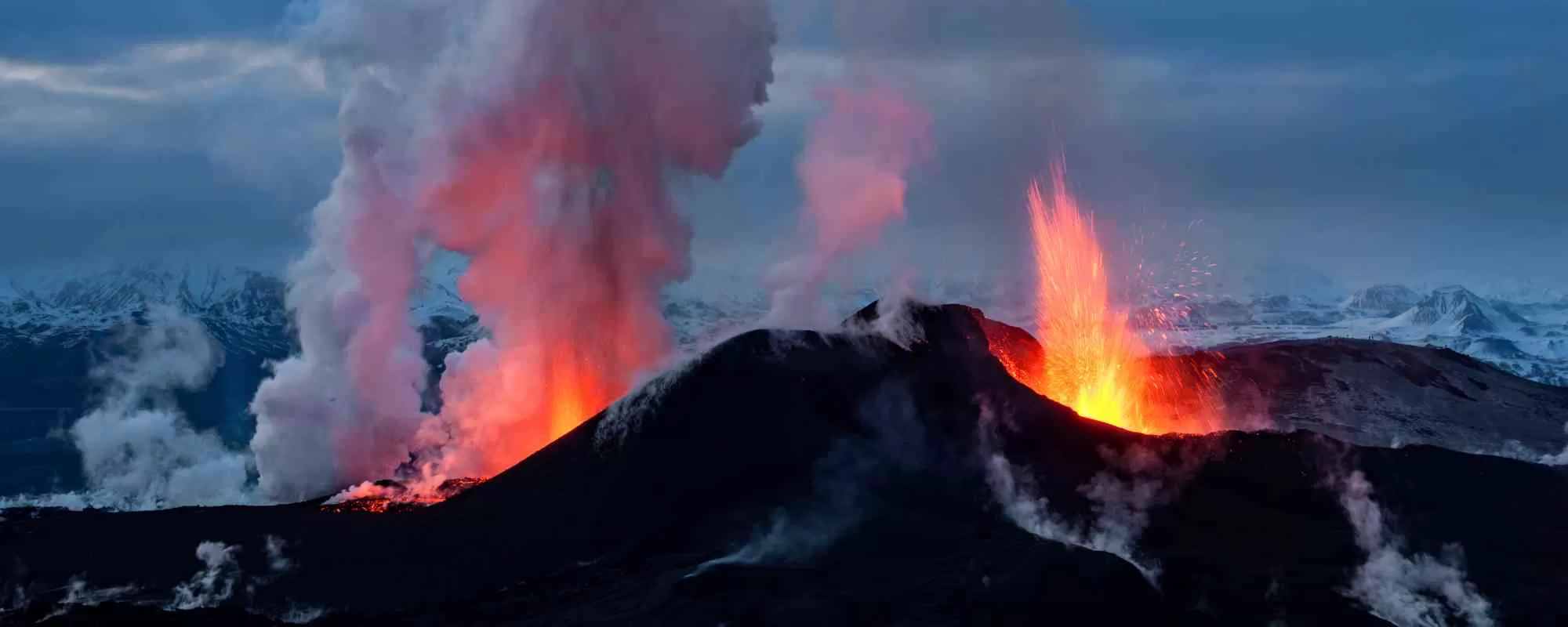February 8, 2024, 3:30 AM EST
A volcanic eruption has once again commenced in Iceland, near the already heavily damaged fishing town and the country’s top tourist attraction, the Blue Lagoon spa.
This marks the third eruption in recent months on the Reykjanes peninsula, approximately 40 kilometers (25 miles) from the capital city.
The eruption began at approximately 6 a.m. local time northeast of the Blue Lagoon, with lava emerging from a 3-kilometer crack, according to Iceland’s Met Office. The lava flow has blocked a nearby road and severed a hot water pipeline serving the entire peninsula’s 30,000 residents.
The flows are currently directed away from Grindavik, a town that has already faced significant damage from previous eruptions and seismic activity.
“It’s farther away from Grindavik than last time, so it is better for the town,” said Kristin Jonsdottir, a seismologist at the Met Office. “What’s at stake now is quite the infrastructure further to the north, like Svartsengi, where the power plant and Blue Lagoon sit,” along with nearby roads.
Hotels in the Blue Lagoon spa area were evacuated overnight, and other infrastructure, including the power plant and various companies focused on geothermal heat and power, is being protected with earth barriers.
Despite the volcanic activity, flights in and out of the country are operating as usual, with no interruptions expected.
The Reykjanes peninsula had been dormant for about 800 years until seismic activity began in 2020. Since then, there have been six eruptions, including the current one.
Iceland, located between the North American and Eurasian tectonic plates, is one of the most geologically active places on earth, with numerous volcanic systems and hot springs.
Grindavik, in particular, has been heavily affected by recent volcanic activity, with roads, power lines, and water pipes damaged. Scientists warn that volcanic activity in the area is expected to continue for years.
This eruption near the Blue Lagoon marks one of the most significant volcanic events in Iceland in recent decades. However, unlike some previous eruptions, this one is not expected to cause significant disruption to air travel due to the minimal ash produced.
The most disruptive eruption in Iceland’s recent history occurred in 2010, when the Eyjafjallajokull volcano released a large ash plume, grounding air traffic across Europe for weeks.



